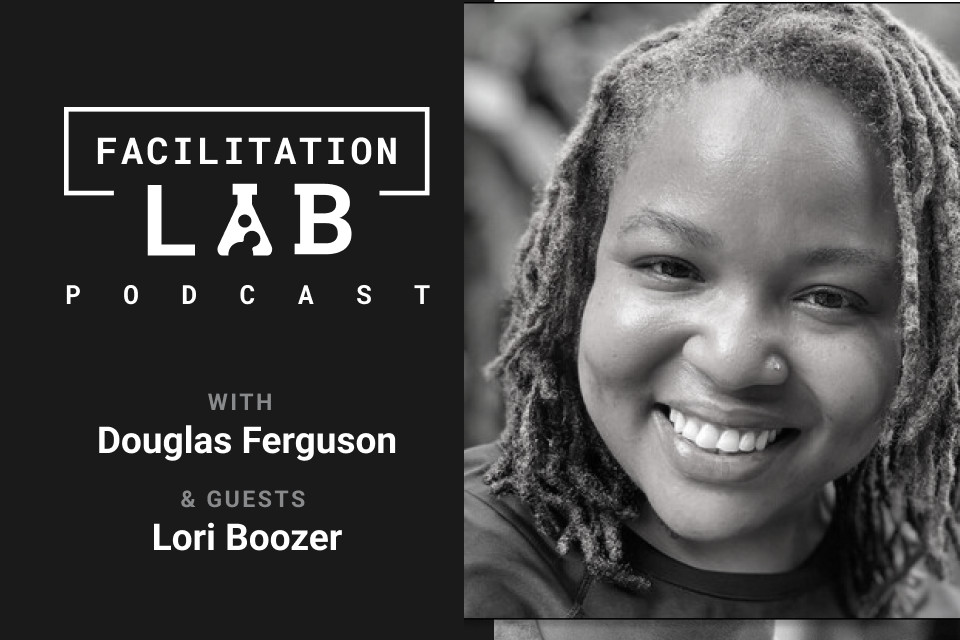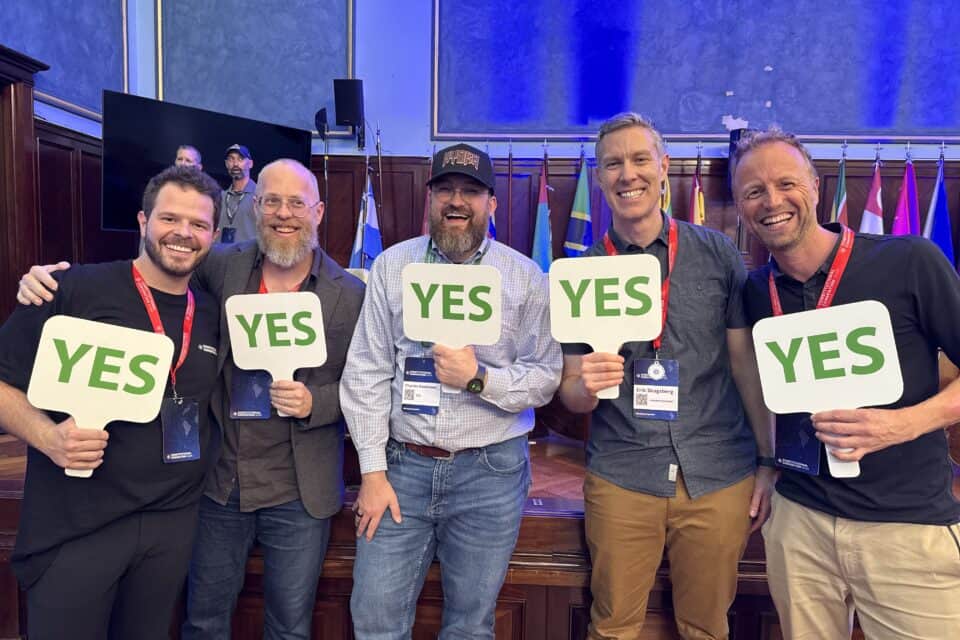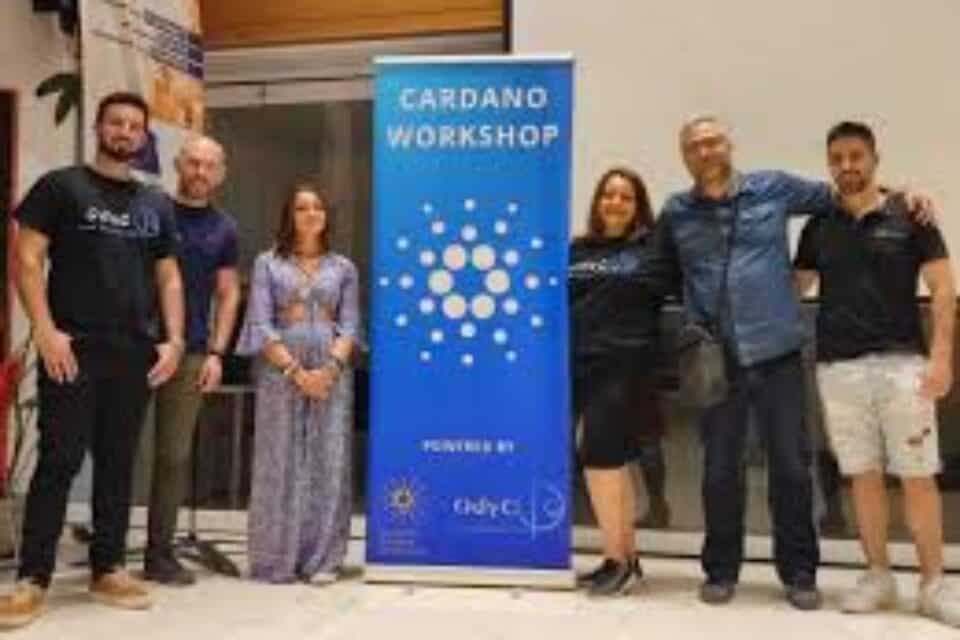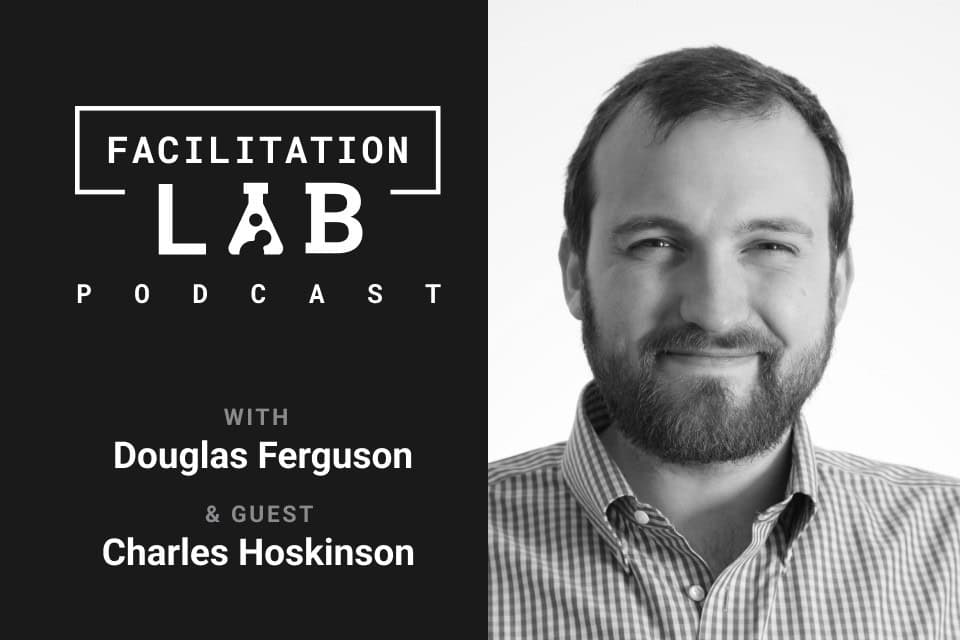
Explore the power of edges in facilitation and leadership. This blog introduces Troika Consulting and five transformative prompts—Explore the Unknown, Disrupt Patterns, Generate Dialogue, Embrace Tension, and Steward Emergence—designed to help you navigate thresholds in your work. Discover how edges spark growth, challenge assumptions, and unlock new ways of thinking.








